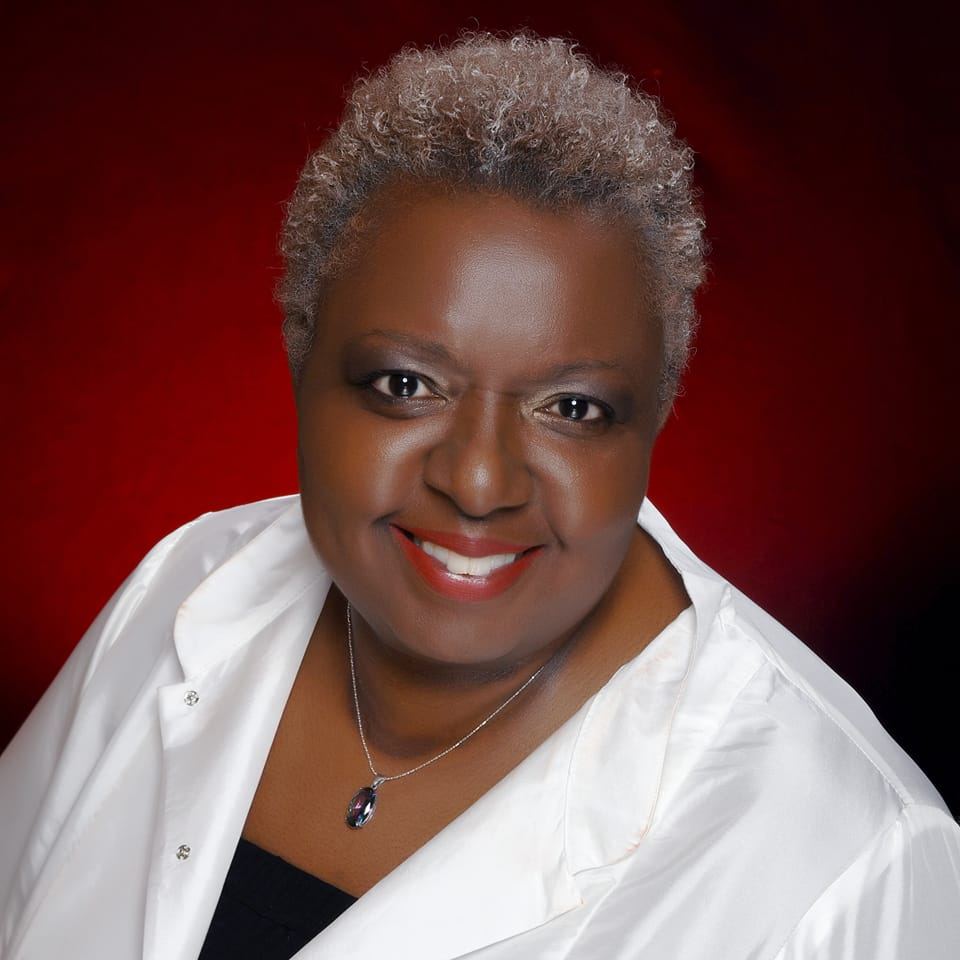Exploring Colorism in Media & Society
Pamela led her audience through a series of thought-provoking questions and exercises, shedding light on the presence of colorism in communities, society and media. She showcased compelling historical and contemporary print ads, billboards and advertisements from the U.S., France and Asia, demonstrating how media supports a harmful, racist narrative that white is best, “the lighter your skin, the better you are.” She encouraged her audience to reflect on the messages the media portrays to Black, Indigenous and other people of color (BIPOC), and the messages it portrays to white people.
Broadening the Scope of Race Equity Work
Pamela stressed the importance of broadening the scope of race equity work beyond an American-centric perspective to better serve diverse staff with varying life experiences. Recognizing the disparities in the representation experienced by BIPOC American-born staff and those born outside the U.S., she pointed out that discussions about race need to adapt to the backgrounds of the communities we partner with. “Many of our BIPOC American-born staff struggle to remember the age when they saw people like themselves on TV, and many of my team members born outside of the U.S. said they saw representation all their lives.”
The result is that the conversations around race we may have in the U.S. do not mean the same thing to individuals raised in other countries. However, when we ask what it means to have dark skin, many individuals around the globe can relate to biases around skin tone. –Where the U.S. may embrace terms such as “Black” and “Brown,” individuals born outside the U.S. may cringe at the thought of their child or themselves being labeled with terms such as brown or black because they are viewed negatively in their home country.
Embracing Uncomfortable Conversations for Positive Change
Delving into these deeply ingrained biases, Pamela acknowledged the weight of these discussions. She was particularly mindful of encouraging her audience to stay present and engaged, as addressing these “sneaky little buggers that sit with us” is crucial for positive change and needs to be talked about. As a result, there can be powerful outcomes from doing this hard work; by challenging ourselves to uncover deeply held biases, we can improve our decision making, allowing us to do better in the communities we serve.
Resources For Deeper Understanding
To gain a deeper understanding of colorism, Pamela referenced the book Colorism: Investigating a Global Phenomenon by Dr. Kamilah Woodson. She also shared movie suggestions that explore this subject, including Imitation of Life and Passing. These resources provide valuable insights into the complex worldwide issue of colorism and its societal impacts.
 In July 2023, Pamela Williams joined a global panel discussion at the 18th World Congress for the World Association for Infant Mental Health in Dublin, Ireland, focused on Equity and Social Justice in Infant Mental Health. Joining co-presenters from Canada, Australia and the U.S., Pamela led a session exploring the Residual Effects of Colorism and the Impacts of Implicit Bias in Our Decision Making. This presentation provided a unique opportunity for practitioners to reflect on how unconscious bias affects decision making in their field.
In July 2023, Pamela Williams joined a global panel discussion at the 18th World Congress for the World Association for Infant Mental Health in Dublin, Ireland, focused on Equity and Social Justice in Infant Mental Health. Joining co-presenters from Canada, Australia and the U.S., Pamela led a session exploring the Residual Effects of Colorism and the Impacts of Implicit Bias in Our Decision Making. This presentation provided a unique opportunity for practitioners to reflect on how unconscious bias affects decision making in their field.


